Jerusalem’s controversy at the time of Jesus and James continues to this day, yet goes back to the centuries before Christ.
“ירושלים, ירושלים, ההורגת את הנביאים ורוגמת באבנים את שליחי אלוהים, פעמים רבות חפצתי לקבץ את בניך כתרנגולת המקבצת את אפרוחיה תחת כנפיה, אולם לא הנחתם לי.
הבשורה על-פי לוקס 13:34 Habrit Hakhadasha/Haderekh (HHH)
I briefly outlined a few controversies from the history of Jerusalem in an earlier post, which also includes a helpful timeline. More recently we have examined the setting of the first century church in Jerusalem during its leadership by James.

Damascus gate c.1900 
“Jerusalem, Jerusalem…”
And in the preceding post we discussed the probable relationship between the two brothers James and Jesus, before the Lord’s resurrection.
Jerusalem’s Controversy
Most of us know very little of the ancient history which preceded Rome’s dominance of Judea.
Jesus, the Apostles, James and first century residents of Jerusalem would have looked at Jerusalem’s controversy through contemporary eyes. Their perspective is very distant to our own understanding.
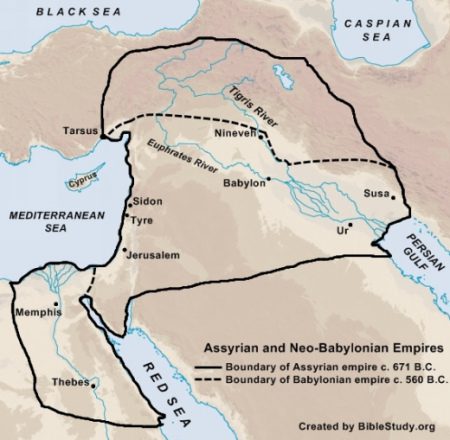
The glory of Israel under King David and Solomon from their Bible teachings were distant memories ten centuries past. Even the Second Temple dated five hundred years before the Judea of Jesus and James.
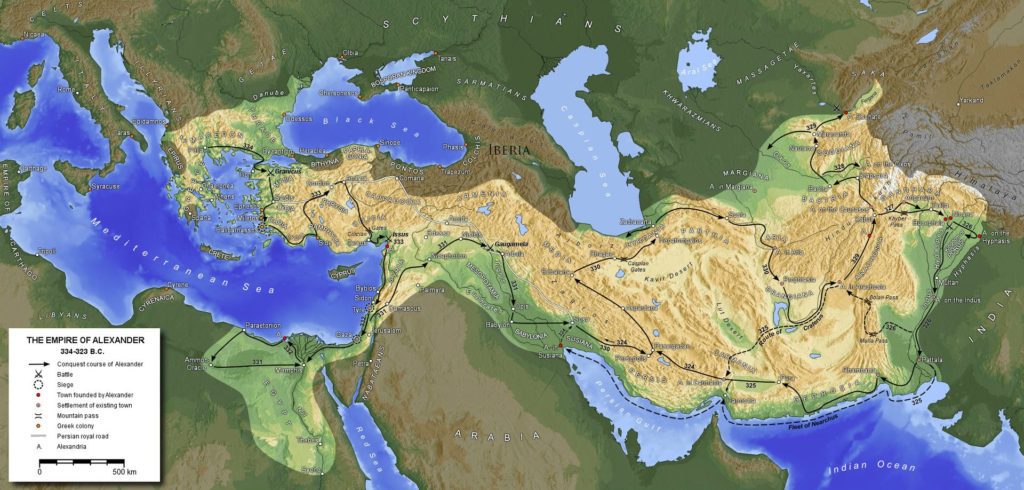
Although Jerusalem was finally spared by powerful empires from the east, those same empires would fall to Alexander the Great of Macedon about three centuries before Christ.
Alexander captured the captors of Jerusalem, Egypt, Babylon and Assyria. Consequently, Hellenism and the Greek language assimilated easily into the surrounding cultures of the whole world known to Jerusalem.
This universal acceptance continued to impact all of the Mediterranean even after Rome’s dominance. Alexandria, which he founded in Egypt, would later become a strategic political center tied to the fates of Rome.
Just a few generations Before Christ
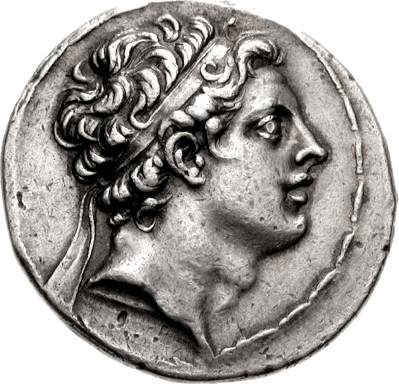
(a few generations after Alexander)
175-163 B.C. The reign of Antiochus IV Epiphanes
The Seleucid king of the Hellenistic Syrian kingdom who called himself, “god manifest,” caused a revolt in Jerusalem. This overt blasphemy by a ruling emperor forced deep divisions between religious rulers and political thought among local leaders.
Jews would have taken a stance during the sieges of Tyre and Gaza, ports crucial to trade and the well-being of Jerusalem. The complexity of the political intrigue also involves Rome, Egypt and others, but for Jerusalem the rise of Antiochus IV caused the revolt of the Maccabees.
Pharisees, Sadducees, Essenes & others
What do we remember of our history?
- Moses, first. The Lord led Israel from captivity in Egypt, the the LORD give the Law (Torah) to us through Moses. c. 1525 BC
- David unites the twelve tribes into one, capturing the promised land.
- Solomon built the richest and most powerful kingdom and also the Temple. c. 966 BC
- Israel and Judah separate and both eventually fall to others.
- Judaism continues in Babylon and prophets predict many things.
- The Torah was lost and forgotten, but then found during the rebuilding of the second Temple c. 570 BC
- Several ruling empires tolerated Judaism while ruling over Jerusalem.
- Antiochus does not, declaring himself ‘God in the flesh’ in the Temple.
Does this controversy resonate in the conversations of first century Jews? Of course it does.
“Is Jesus the Messiah,” many would ask?
Is this man Jesus of Nazareth, brother of James and Joses, actually God Incarnate?”
Therefore, from this more recent background of Jerusalem’s controversy, James, now leader of the church in Jerusalem, must address the Good News that Jesus IS the promised Messiah.
Although not unlike today’s controversies, first century believers knew that the expected answer of a questioner could depend upon the party of their religious affiliation. Their questions came from diverse political and religious views.
167 BC – What to do?
So what must you do, believer in the Lord God?
At the time of Antiochus several opposing religious and political movements took root.
During the formation of the Jewish religious parties and political movements prior to the days of Jesus Christ and Herod, all debated what followers of the Lord must do in each circumstance at various times.
The question to Jesus or to James in the first century AD remains nearly the same as now in the 21st c. A.D.
Scribes & Zealots
One group with both political and religious influence chose to separate religion from politics, claiming the higher ground of religion. The Scribes reached back to the authority of the re-established Law under Ezra the founding priest of the second Temple.
Zealots took a radically different approach to the invaders taking from them the promised land of God. At various times bands of Zealots hid in the mountains, formed powerful armed communities and used terrorism to attack the invaders from their mountain strongholds. (Does this radical religious military tactic sound at all familiar?)
כִּֽי־קִנְאַ֣ת בֵּיתְךָ֣ אֲכָלָ֑תְנִי וְחֶרְפֹּ֥ות חֹ֝ורְפֶ֗יךָ נָפְל֥וּ עָלָֽי׃
Psalm 69:9 WLC;CSB
because zeal for your house has consumed me,
and the insults of those who insult you have fallen on me.
Additional research on Jerusalem’s controversy at this time appears below, along with a brief outline of other Jewish political/religious parties of the first century AD.
Judah Maccabee – Savior of Judaism
Excerpts Source: ENCYCLOPEDIA BRITANNICA
On Antiochus’ death in 164 BCE, the Seleucids offered the Jews freedom of worship, but Judas continued the war, hoping to free his nation politically as well as religiously.
The son of Mattathias, an aged priest who took to the mountains in rebellion when Antiochus attempted to impose the Greek religion on the Jews, Judas took over the rebel leadership on his father’s death and proved to be a military genius, overthrowing four Seleucid armies in quick succession and restoring the Temple of Jerusalem.
This deed is celebrated in the Jewish festival of lights, Ḥanukka.
The Hasmonean Kings of Judah
The Maccabees founded the Hasmonean dynasty, which began their rule in 167 BC. They eventually managed independence for their kingdom of Judah from 110 BC until 63 BC.
The decline of the Hasmoneans coincided with the rise of Rome, but it wasn’t coincidence, for the once great Jewish family had become a shell of its holy roots.
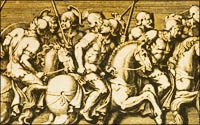
In the year 67 BCE, Queen Salome Alexendra (also known as Queen Shelomtzion) died. With her death, the dynasty of the Hasmoneans began a steady decline. Over the next 20-25 years it would fall apart completely. – source
Jerusalem’s Controversy after the Hasmoneans
Although divisions in rabbinic thought existed from earlier times, the onslaught of Roman power into the eastern Mediterranean brought about deeper divides in political and religious alliances.
A timeline of Jerusalem’s conflict after the end of the Hasmoneans details additional events.
Ideally, he [Pompey the Great, of Rome] did not want to do it through war, because the Jews – the Hasmoneans/Maccabees – had a fearsome reputation. The Romans referred to the Jews as “porcupines.” Just as a porcupine is an animal that even great predators avoid, so too the Jews. Even if you ate it you would be sorry. Therefore, Pompey wanted to control the Jews without somehow going to war. Source.
Herods – Kings of Compromise
NOTE: When you see the name Herod in the Bible, always ask yourself, which one?
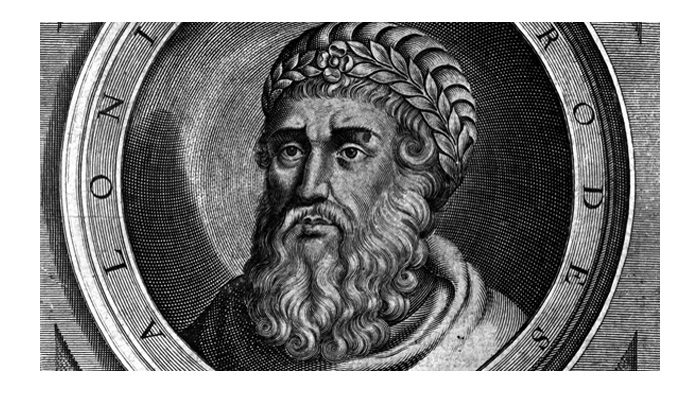
An article in Christianity Today sheds light on a view likely held by the rich and powerful Jewish leaders in the first century AD.
In terms of wealth, power, and influence, Herod the Great rivaled King Solomon as the greatest king in the history of the Jews.
Christianity Today – Dec 22, 2015 – Alexander Stewart
Herod was born in the Roman region of Idumea (formerly Edom) around 74 BC, built the Roman port of Caesarea and expanded the second Temple in Jerusalem. Christians know Herod for his attempt to prevent an innocent baby born in Bethlehem from becoming King.
When Pompey’s ally Herod died, not only did Joseph and Mary return with Jesus to Nazareth in Israel, but politically Rome divided his kingdom between Herod’s three sons and daughter. Again, the politics and various names of the Herod’s is complex, but first century Jews became caught up in it all.
Competing Religious Parties – Jerusalem’s controversy of the Temple
Party of the Sadducees – 167 BC
The Sadducees are a Jewish group mentioned in three different contexts in the Synoptic Gospels ( Mark 12:18 ; [= Matt 22:23-34 ; Luke 20:27] ; Matt 3:7 ; 16:1-12 ) and six in Acts ( 4:1 ; 5:17 ; 23:6-8 ). They always appear as inquisitors or opponents of John the Baptist, Jesus, or the early Christians. – Baker’s Evangelical Dictionary
Rabbinic writings sometimes interchange the term “Sadducee” with “Samaritans” (here meaning “opponents”) and “Boethuians.” The latter is probably from their connection with the house of Boethus, from which came several high priests during the New Testament period.
Party of the Essenes – 167 BC
John the Baptist most likely was of one of the Essenes.
When Jerusalem’s controversy erupted in the second century BC, the Essenes withdrew into the Judean desert and formed an isolated monistic community dedicated to the word of God and obedience to the Lord.
Unlike the Zealots, the Essenes had no agenda to retake the land of the promised land ‘for God.’
History recalled little about the Essenes until shepherds recovered the buried Dead Sea scrolls in Qumran Lebanon in A.D. 1948. The slow and meticulous study of these scroll fragments has revealed more in this past century.
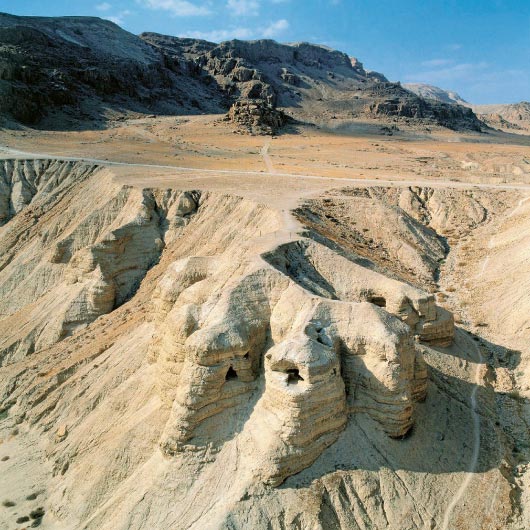
Party of the Pharisees – 167 BC
Jerusalem’s controversy most familiar to Christians is that of the resurrection. Not all Jews believed in the resurrection of the body and soul, but the Pharisees did.
However the party of the Pharisees had already divided into many opinionated sects over the written Law, the oral law, additional regulations and many other controversies. Discussion of these among rabbis reached far beyond Jerusalem into Galilee and other regions.
Φαρισαῖος – Pharisaios
In addition to OT books the Pharisees recognised in oral tradition a standard of belief and life. They sought for distinction and praise by outward observance of external rites and by outward forms of piety, and such as ceremonial washings, fastings, prayers, and alms giving; and, comparatively negligent of genuine piety, they prided themselves on their fancied good works. They held strenuously to a belief in the existence of good and evil angels, and to the expectation of a Messiah; and they cherished the hope that the dead, after a preliminary experience either of reward or of penalty in Hades, would be recalled to life by him, and be requited each according to his individual deeds.
Strong’s G5330 – blueletterbible.org
Pharisees were not of the class of the rich, but lived a modest life closer to that of many other Jews. These rabbis were likely affectionate, popular teachers similar to most rabbis today.
They believed that God would act justly based on their works and attitudes toward others. The Law of Moses and oral law designating how we should obey the Lord provided the basis of their teaching and unity of purpose for a life lived separately from evil.
First Century Pharisees – in Jerusalem’s controversy of leadership
John the Baptist called them a brood of vipers (poisonous snakes).
Matthew tells us that ‘the Pharisees went out and plotted against him [Jesus], how they might kill him.’
Jesus accepted invitations from Pharisees to publicly join them in their homes. However the Lord also rebuked them, frequently including them with their rival party the scribes.
“Woe to you Pharisees! You love the front seat in the synagogues and greetings in the marketplaces.
So the chief priests and the Pharisees convened the Sanhedrin and were saying, “What are we going to do since this man is doing many signs?
John 11:47
The Apostle John speaks to the delicacy of their political dilemma within the religious leadership of Jerusalem.
Nevertheless, many did believe in him even among the rulers, but because of the Pharisees they did not confess him, so that they would not be banned from the synagogue.
John 12:42
James, Secretive believer in Jesus?
I have never heard anyone ask if James believed in Jesus before our Lord’s personal appearance to his half-brother after the resurrection.
As Peter had denied knowing Jesus at His trial, as the Apostles had gone into hiding and even as many Pharisees and others felt obligated to keep their faith in Jesus secret out of fear for their own lives, James may have come to believe in Jesus.
James, leader of the church in Jerusalem was about to take on a new role, an important sacrificial leadership of a post-Pentecost church. He would lead and write letters to other fearful new Christians from Jerusalem.
As Jesus had become Jerusalem’s controversy for the Jews, the Herods and the Romans, so too James was about to become just one more controversial leader in Jerusalem in the first century.
God-willing, we will return to James’ Letter to the Church next.
To be continued...

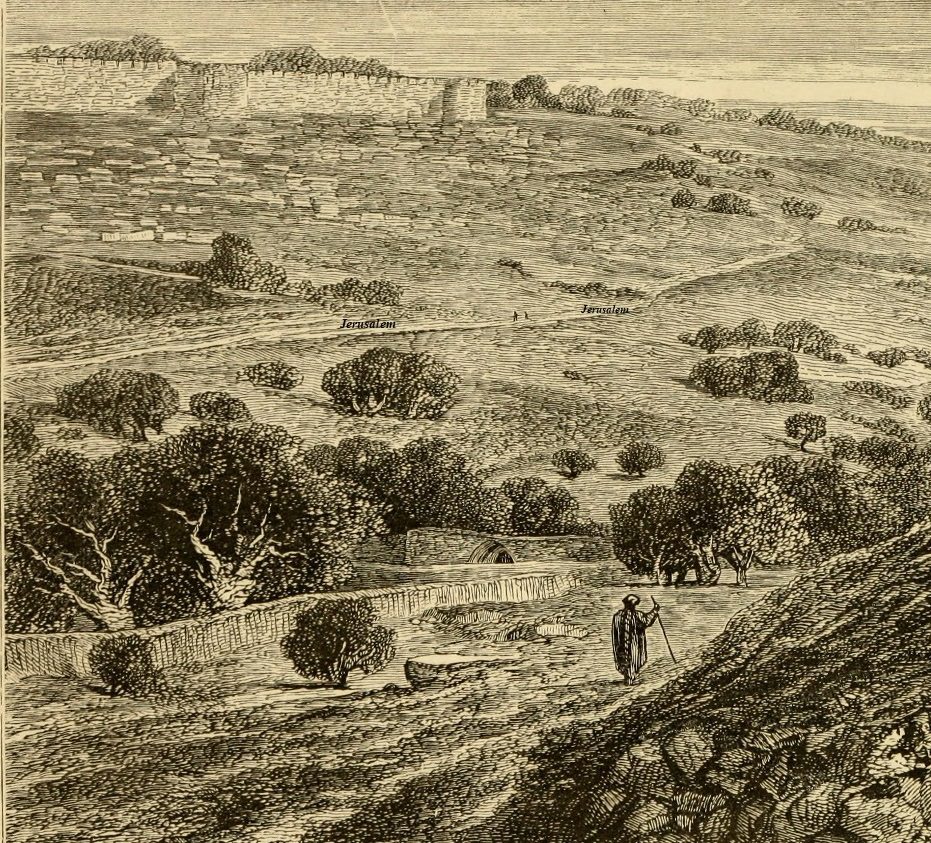
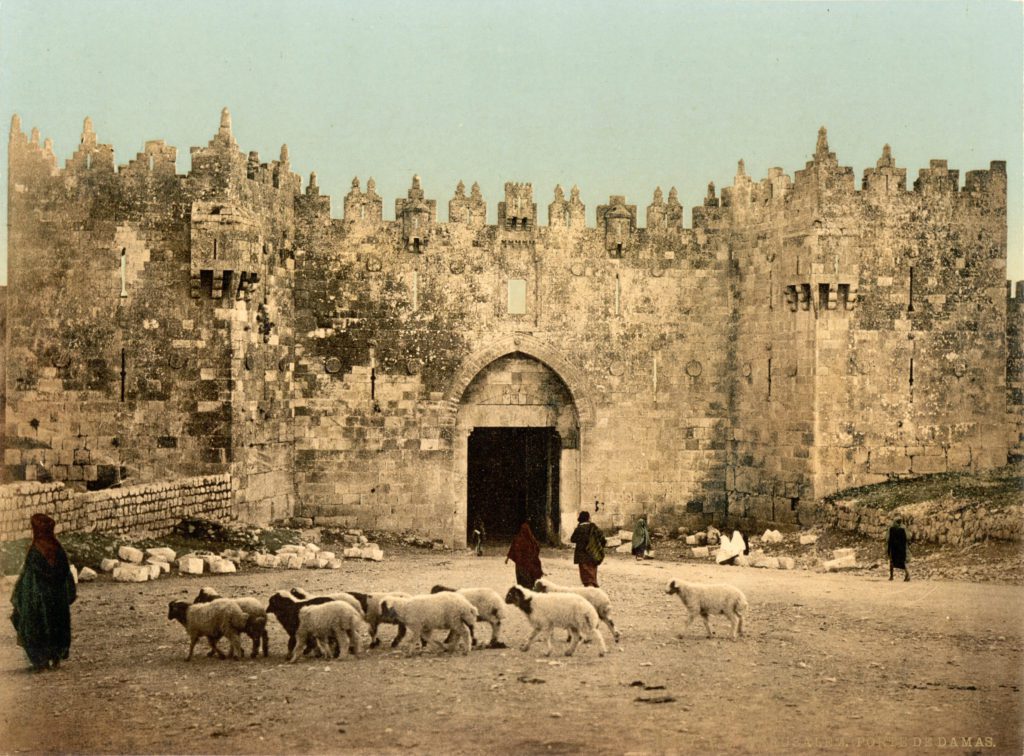
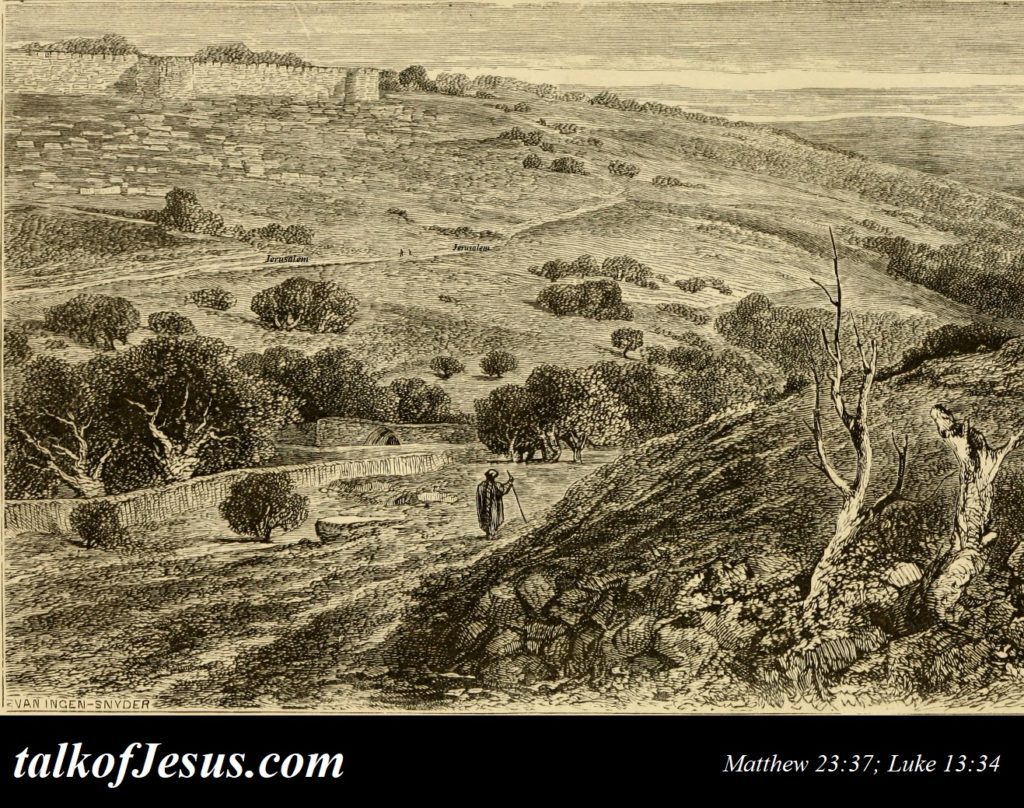
Leave a Reply